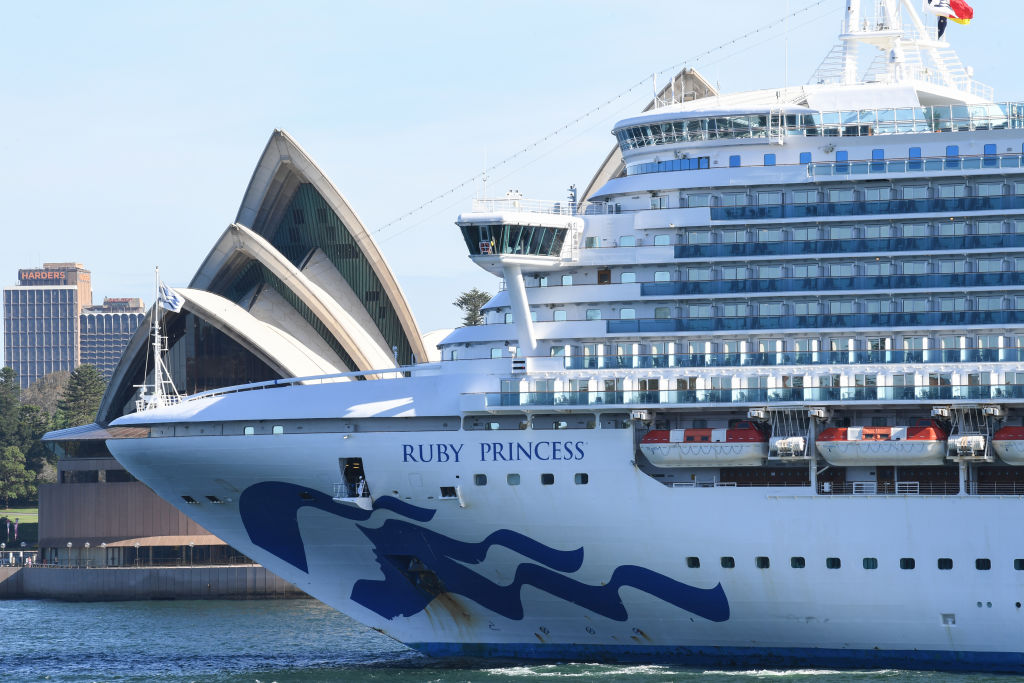
Former nurse Susan Karpik is heading a class action case against the cruise company, arguing the liner failed in its duty to take reasonable care of the passengers after 28 people died from the virus in March 2020.
She's seeking damages against Australian charter company Carnival, which trades under the Princess Cruises name, and the operator of the Ruby Princess, Bermuda-registered Princess Cruise Lines.
Overseas passengers were excluded from the class action due to an earlier ruling and they're fighting to get back in.
Karpik is a resident of British Columbia in Canada and signed a US version of the contract.
The High Court granted special leave to hear the case on Friday, ruling there was prospect of success.
The substance of the case will be heard at a later date.
Karpik's lawyer Justin Gleeson SC argued the High Court should rule on the case as certain sections of Australian consumer law provided loopholes for foreign companies to the disadvantage of consumers.
The class action also involved passengers from the United States and the United Kingdom who signed up to different terms than to Australian passengers.
Mr Gleeson said domestic laws meant any company that operated in Australia needed to be held to the higher standard of fairness within the nation's consumer protection legislation.
"The answer (for the matter) might have been different if this was an Australian organisation," he told the court.
"There is nothing in the text (of the law) which limits to the residence of the complainants."
Mr Gleeson said which nation's laws governed contracts was fortuitous given the company's contract was based on the IP address used by the consumer.
This means an Australian purchasing the cruise from America would be subject to the US contract, while someone using a VPN would be subject to whichever contract applies to the nation's IP address they're using.
Mr Gleeson argued this method shouldn't determine the level of legal fairness a consumer was entitled to.
"It's irrelevant whether you're an Australian consumer or foreign consumer," Mr Gleeson told the court.
Defence barrister David McClure argued the appeal was invalid, saying that the foreign contracts and corporations had no relation to Australia.
"The appeal is a misconception of the Australian Consumer Law," he said.
"It's too broad to be successful."
Mr Gleeson said this defence for the Ruby Princess failed to properly engage with the reasonings for the appeal, claiming the cruise line still operates in Australian markets.
The case is expected to run between one to two days.












